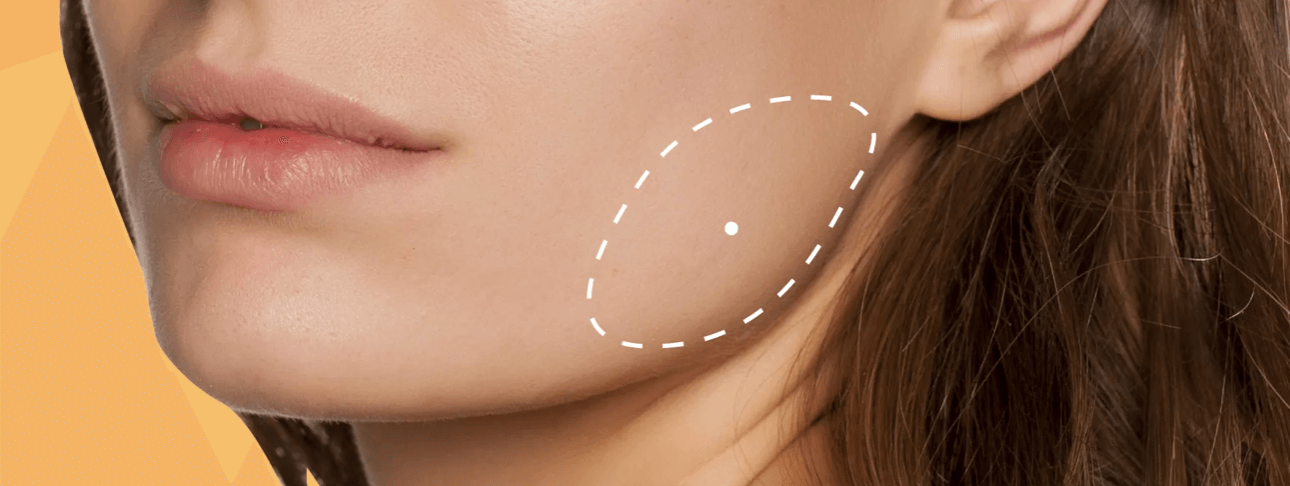BRUXISM CAN CAUSE JAW PAIN, WORN TEETH, HEADACHES, INSOMNIA & MORE!
London Dermatology | 24 July 2024
There are two major concerns regarding tooth grinding that you need to be aware of. First of all, over time, it may seriously harm your teeth. In fact, it can swiftly harm your teeth in really severe situations. The second problem with teeth grinding is that it may be really unpleasant, if not for the person who grinds their teeth, then at least for the poor person attempting to sleep next to them.
Twenty percent of people grind their teeth at night. It is known by the medical term bruxism. The medical profession is particularly interested in bruxism because there is no known cure for it.
So how can you determine whether you suffer from bruxism? Usually, the person sleeping next to the affected person is the first to notice it, while the sufferer sleeps through it. It’s quite challenging to sleep next to someone who grinds their teeth all night, as you can guess! On the other hand, the individual with bruxism may start to experience some adverse effects. For example, they could experience jaw pain or painful teeth when they wake up.
Bruxism is unusual in that it is both a medical problem and a dental problem. Therefore, if you are grinding your teeth on a regular basis, your first step should be to visit Devonshire Dermatology. We will diagnose your condition in more detail to try and discover the extent of the problem. Don’t worry, we won’t have to attach sleep monitors. Usually, the diagnosis will involve making assumptions based on how you answer a number of questions. For example, do you wake up in the morning with headaches? If so, how severe are they – are they disrupting your everyday life? Other aches and pains, such as earache or a clicking jaw, can also be tell-tale signs that you are grinding your teeth at night.
Our multidisciplinary team at Devonshire Dermatology is specialised in the recognition and treatment of all these bruxism problems. There are many patients who do not realise that they grind their teeth until they come in for a visit with Devonshire Dermatology. We look for the oral signs of bruxism during routine exams and works with patients on an individual basis to address any damage, discomfort or imbalance in the bite. Stabilizing the fit and function of the bite is important for the enjoyment of optimal oral health and a lifetime of comfortable smiles.

